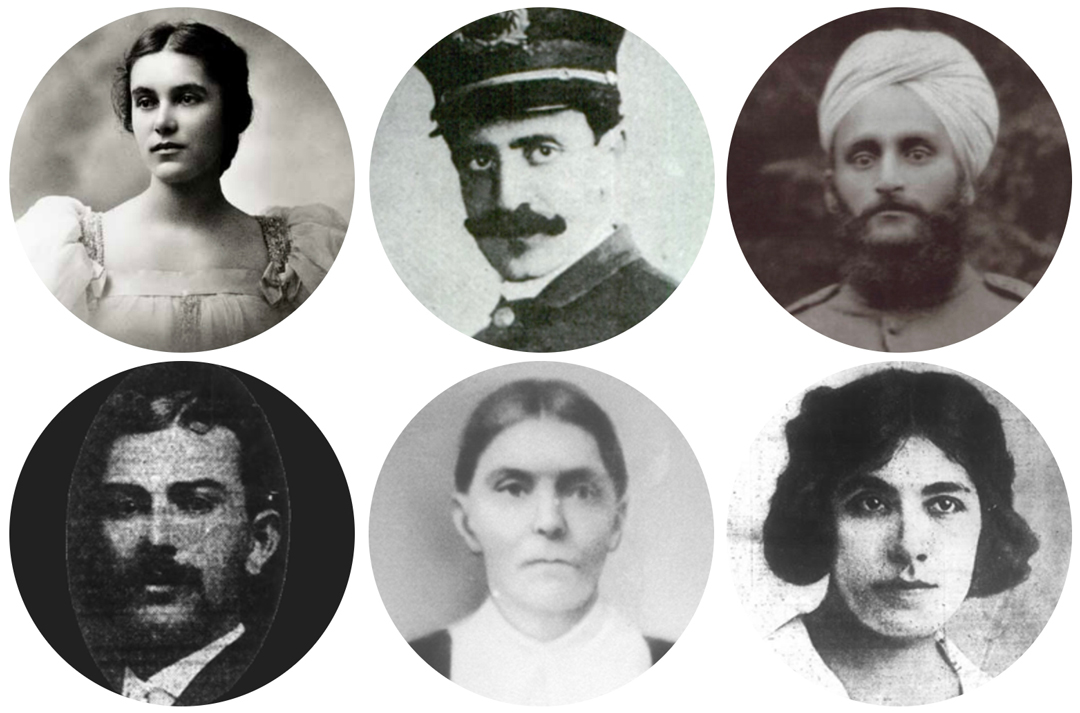Octavia Spencer, Queen Latifah To Bring Racially Charged ‘The Rhinelander Affair’ To Screen With Zero GravityPosted in Articles, Arts, Biography, History, Law, Media Archive, Passing on 2018-07-30 00:28Z by Steven |
Deadline Hollywood
2018-07-23
EXCLUSIVE: It’s a great story that delves into the caste system, racism and sexism. The Rhinelander Affair, written by William Kinsolving, follows the controversial 1925 divorce trial in New York involving a man from an upper-class New Rochelle family who married a bi-racial, working-class woman. It is a ripped from the headlines story from the 1920s with many meaty roles in what was a roller coaster ride about money, love, racism and betrayal.
The project is now being produced for the big screen by Mark and Christine Holder (who found the story), Octavia Spencer, Queen Latifah and Shakim Compere’s Flavor Unit Entertainment and Dave Broome (The Day I Met El Chapo). The Kingsolving manuscript, repped by Trident, is going out to publishers this summer.

Alice Jones and Leonard (Kip) Rhinelander
The story revolves around Leonard Rhinelander and Alice Jones, who fell in love (she was 22 and he 18), and then were kept apart by Rhinelander’s family. However, they married in secret before it spilled into the papers and stayed that way for three years. At issue was whether Jones duped Leonard into marrying her by hiding the fact that she was bi-racial (she was the daughter of an English woman and an English-West Indian taxi driver). Leonard stood by Alice under intense media scrutiny until pressures — both internally with the family and externally — caused them to divorce…
Read the entire article here.



